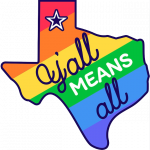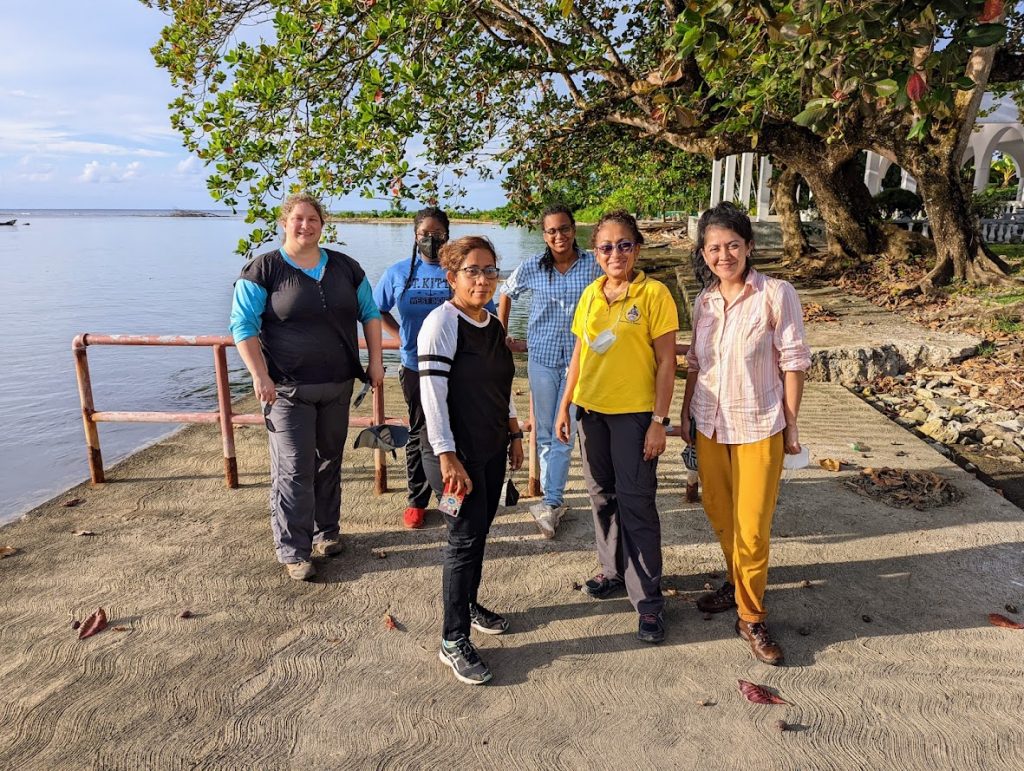Lab Community
Statement from Dr. Martindale

Advocating for and supporting all students in academia is extremely important to me. It is my duty to create a supportive environment at UT and in my community for everyone. I believe a broad collection of ideas, experiences, and backgrounds will stimulate the community and promote better science, a stronger community, and improved leadership. As an educator and mentor, my goal is to support students and colleagues from a wide variety of backgrounds; I want people to have a genuine sense of belonging in our research team. Specifically, I strive to build a lab group that is welcoming to all. I encourage understanding and broader perspectives in my classes; I am active in public outreach activities. I strive to be a supportive colleague, mentor, and teacher so that my research group, classroom, and community are places where everyone feels like they belong as scientists, learners, and people.
MENTORING – I try to maintain a very interactive relationship with all of my students so that they feel supported and valued. I provide undergraduate and graduate students with “Martindale Lab Guidelines” so that my expectations (as well as what they can expect from me and the department) are explicit. We have lab group meetings every week, alternating between formal research meetings and more relaxed lab group dinners or movie nights. I believe these activities help build a collegial spirit and encourage undergraduates and graduates to find mentors, role models, and allies amongst their peers and those at a higher academic rank. I have learned an incredible amount from my students and am constantly growing as a mentor; each student relationship is unique, and I have realized that my mentoring style must adapt to each student and evolve as they grow through their careers.
TEACHING – I work to make inclusion and belonging a pervasive theme in both my lectures and active learning activities. My syllabi include explicit text that set the expectations for students (i.e., that they are respectful and strive to make their peers feel welcome). I also provide information about the Jackson School’s code of conduct as well as a link to resources for reporting issues. I start every course by introducing myself with my pronouns (she/her/hers), a bit about my research, and my expectations for respectful and inclusive conduct in my classroom. I aim to highlight the breadth of geoscience fields and scientists in every class. I include readings from, as well as discussions or assignments about a wide range of scientists and their contributions to the geosciences; these role models include scholars with disabilities and members of different ethnicities, races, and genders from around the globe. I am also committed to fostering an open connection between faculty, graduate students, and undergraduates in my teaching. I encourage student involvement in research and facilitate students finding an appropriate lab to work in.
IN THE SCIENTIFIC COMMUNITY – I am trained as a liaison to the Geological Society of America “Respectful, Inclusive Scientific Events” (RISE) program and serve as a RISE liaison at GSA Meetings. I also work with the “Inclusive and Safe” Paleontological Society (This IS PS) effort (supporting and enforcing the society’s code of conduct). As training for these roles, I have participated in multiple training workshops and have attended many UT workshops to learn more about supporting all students and researchers.
OUTREACH – My research group and I are heavily involved in public outreach and activities for local Austin schools and families. Some examples include fossil “show and tell” at Hot Science – Cool Talks, our hands-on activity dinosaur footprint activity (kids and parents wore “dino shoes”, stepped in paint, and made a trackway), and our work making paleontological board games. These outreach efforts help make geosciences visible to the general public and group members often find it highly rewarding to discuss our research with people from the local community.
LAND ACKNOWLEDGEMENT – We acknowledge that UT Austin is on the Indigenous lands of Turtle Island, the ancestral name for what now is called North America. Native American students only make up 0.2% of UT Austin’s student body; however, UT Austin occupies the territory of the Alabama-Coushatta, Caddo, Carrizo/Comecrudo, Coahuiltecan, Comanche, Kickapoo, Lipan Apache, Tonkawa, and Ysleta Del Sur Pueblo people. We acknowledge the American Indian and Indigenous Peoples and communities who have been or have become a part of these lands and territories in Texas and support the Land Engagements/Commitments from UT’s Native American and Indigenous Studies (NAIS) program. Whose land are you on?

Collecting water samples in Jamaica with colleagues from the University of the West Indies (UWI).

